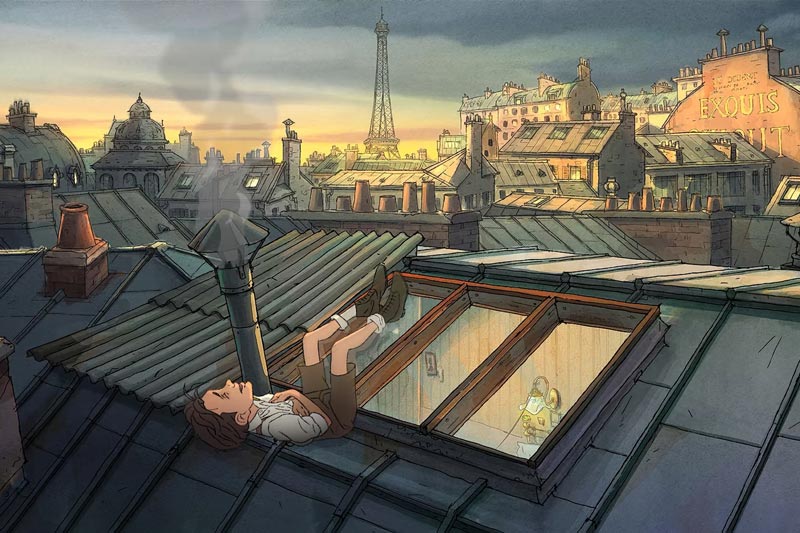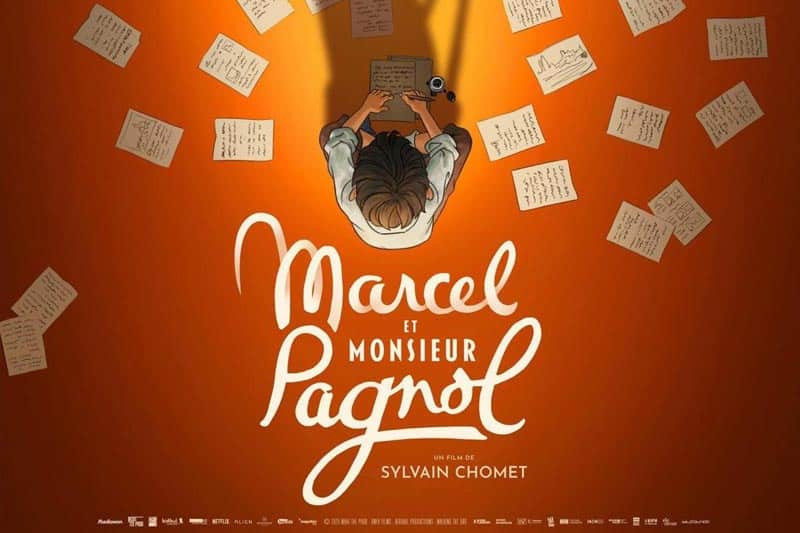
“La vie magnifique de Marcel Pagnol” at the 2025 Cannes Film Festival
19 May 2025
Contents
Le Papet and Ugolin would never have imagined that a man from the city would come and settle on the land they coveted to grow carnations. A masterpiece by Marcel Pagnol sublimely adapted.
The Papet, who wanted to live alone in his house, had bought for his nephew and godson, back from the barracks, a small farmhouse called the Massacan farmhouse, after the last owners. To the great displeasure of his uncle, Ugolin, 24 years old, was a hardened bachelor. Ugolin thought that he would never marry, that he would rent the village house to some gentleman from the city and that he would end his days in his little farmhouse in the hills: he could talk to himself at his ease and count – with the doors closed – his 32 gold coins in the cooking pot. He had no mule, no chickens, no goats, not even socks… So what good would a wife do him? For feelings, when he goes to Aubagne every week, he stops for half an hour at the fig tree to clear his head. He calculated that it would cost him fifteen francs a month and moreover he could choose… While a woman, it would be necessary to feed her, to dress her, she would speak all the time and she would take all the place in the bed.
Jean de Florette is the first part of L’eau des collines, the novel diptych by Marcel Pagnol, which was adapted to the cinema by Claude Berri in 1986 (with masterly performances by Gérard Depardieu, Daniel Auteuil and Yves Montand). In a small village in Haute Provence, Le Papet and Ugolin covet a piece of land where a spring flows. When the owner dies, the heir to the land, a hunchbacked tax collector from the city named Jean de Florette, moves in with his family, which thwarts the plans of the two peasants. Hypocritically, Ugolin will establish a close relationship with him. In this first part, we discover a rural Provence where the locals use less than catholic methods to get rid of troublemakers or to achieve their ends. Beyond the idyllic setting of this region, it is above all the pettiness of the human soul, the distrust of the peasants for the city fadas, the rivalries between villages that are at the heart of this story. Even if this fascinating story is primarily due to Pagnol, we must not overlook the merit of comic book co-writers Serge Scotto and Eric Stoffel, who have preserved with great accuracy the style and spirit of this masterpiece of contemporary literature. The prose is tasty and the main characters are both funny, endearing, but also terribly manipulative. The cutting is judicious, faithful to the original work and with a mechanic that inevitably embarks the reader. The realistic and luminous drawing of Alexandre Tefenkgi is immersive, with magnificent landscapes of Provence. Another successful adaptation of the Pagnol collection, which invites to discover or rediscover the original work.

19 May 2025

22 April 2025